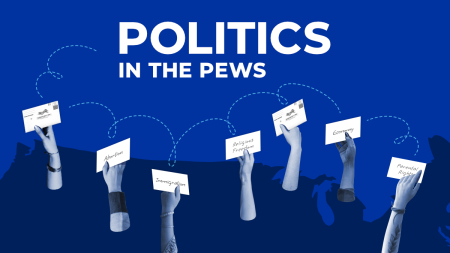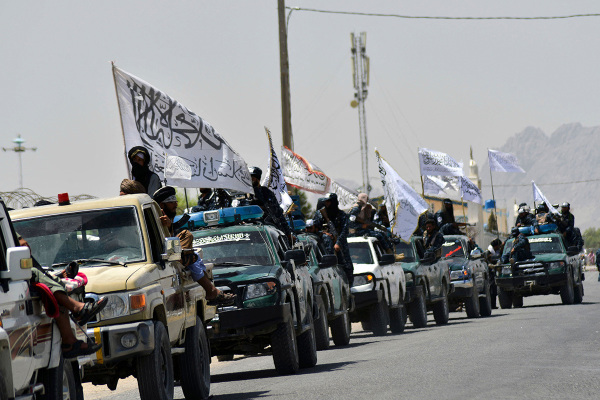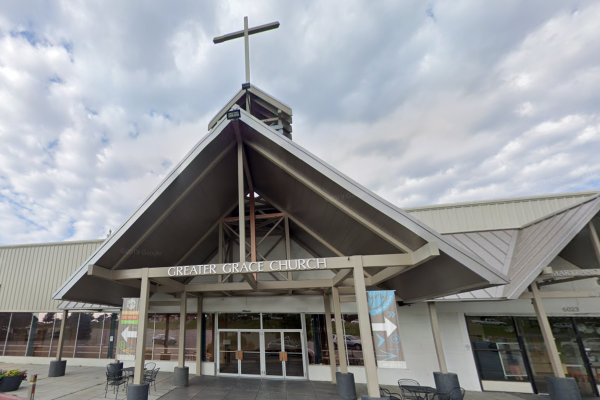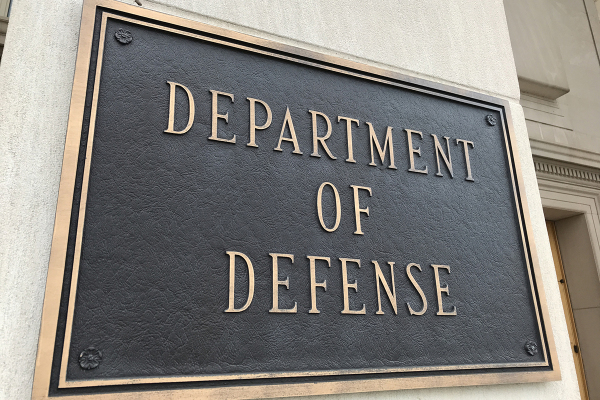5 findings from More in Common report on politics and people of faith

1. Most Americans do not consider politics an important part of their faith.
The first misconception the report sought to debunk is the idea that “Faith is all about politics.” According to the report, only 47% of respondents agreed with the statement “My religious beliefs influence my political views.” Meanwhile, 22% neither agreed nor disagreed, and 30% disagreed with the statement.
Among the religious subgroups studied, only Evangelical Christians (68%) and members of the Church of Jesus Christ of Latter-day Saints (60%) had a majority who said their faith influenced their politics. Less than half of Muslims (48%), Catholics (42%), Jews (41%), mainline Protestants (40%) and religious “nones” (22%) shared this view. Furthermore, just 6% of respondents said they turn to their “faith or faith communities” to express their political views.
The most common reason Americans cited for turning to their faith was to seek a deeper relationship with God (54%). Other reasons included finding comfort during difficult times (46%), seeking guidance on important life questions (37%), gaining a sense of belonging (27%), fulfilling an obligation to their faith (26%), being part of a community (24%) and continuing family traditions (22%).
Only 9% of respondents said they turn to their faith to “advance social or political causes I care about.” Among religious subgroups, Muslims were the most likely to use their faith as an outlet for political expression (13%), followed by Catholics (9%), Jews (8%), Evangelical Christians (7%), mainline Protestants (6%) and members of the LDS Church (3%).
Sixteen percent of both Muslims and Jews said they turn to their religion to advance social or political causes, while this figure dropped to 10% for Catholics and Evangelical Christians, 9% for mainline Protestants and 5% for LDS members.
When asked to identify the most important part of their identity, only 9% of respondents cited their political party. A larger share (24%) said their religious affiliation was the most important aspect of their identity, followed by gender (15%), American citizenship (14%) and race (12%).
Atheists and agnostics were most likely to consider their political affiliation as the most important part of their identity, with 19% of atheists and 18% of agnostics pointing to politics. In contrast, 13% of religious “nones,” 10% of Catholics, 8% of mainline Protestants, 8% of those identifying as “nothing in particular,” 5% of Jews, 5% of Muslims, 4% of LDS members and 4% of Evangelical Christians cited politics as their most important identity marker.
Ryan Foley is a reporter for The Christian Post. He can be reached at: ryan.foley@christianpost.com






















